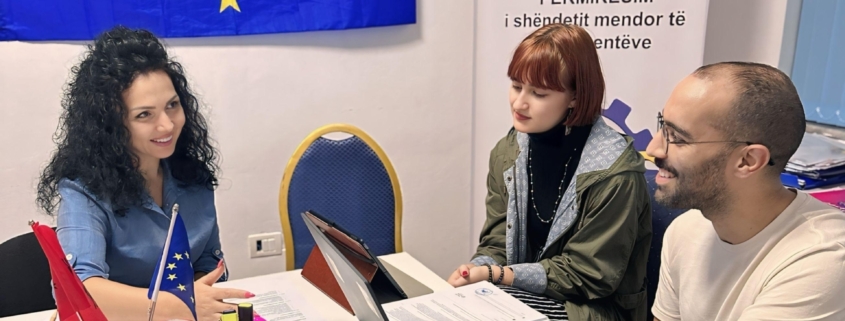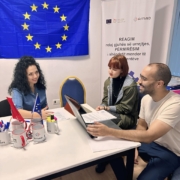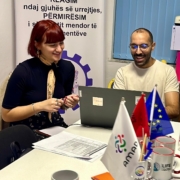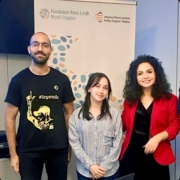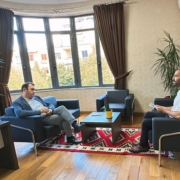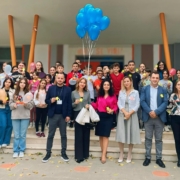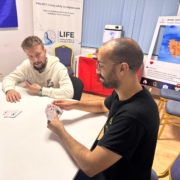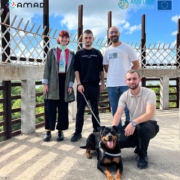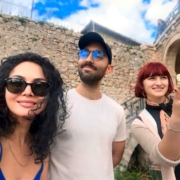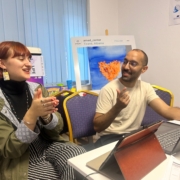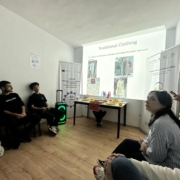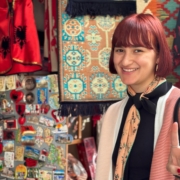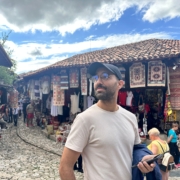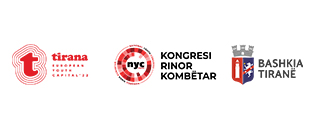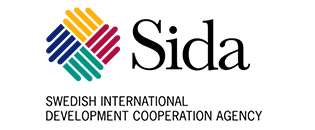Knowledge Exchange for Impactful Activism and Strategic Communication with Key Stakeholders
As part of the recent activities organized by AMAD in Albania, the focus has increasingly shifted toward developing active activism and effective communication with key societal stakeholders. One of the main activities was the knowledge exchange with a representative from the Al Michaal organization from Morocco, which was facilitated by the ALFinMOTION program of the Anna Lindh Foundation. This exchange was based on a “peer-to-peer” and “job shadowing” approach, aimed at building capacities for activism and enhancing skills to strategically address social challenges.
During this activity, in-depth discussions were held on the best ways to develop active activism and deliver powerful messages to key stakeholders, such as governments, educational institutions, and international organizations. These discussions focused on creating new strategies for stakeholder engagement and improving communication with them, including refining interpersonal approaches and using social media more effectively.
One of the most valuable experiences during this activity was the study visit to Krujë, which highlighted the importance of culture and traditions in building collaborative bridges. Through this visit, participants had the opportunity to explore how strong messages can be crafted to connect stakeholders with local communities, using shared cultural and historical values as a foundation for dialogue and cooperation.
In this context, a significant moment was the meeting with the head of the ALF network in Albania, where opportunities were discussed to further strengthen collaboration between Albanian and international organizations. This meeting underscored the importance of involving the ALF network in efforts to build communication bridges and develop projects with broad social impact.
The meeting with high-level institutional representatives, including the Commissioner for Protection from Discrimination, emphasized how organizations and institutional stakeholders can work together to create a more inclusive environment and improve communication for initiatives that support human rights and civic activism.
This activity reinforced the approach that activism should not simply be a voice against injustice, but a strategic movement that builds strong communication bridges with those who have the power to make lasting change.

